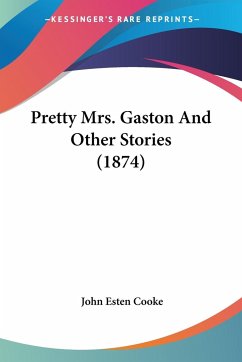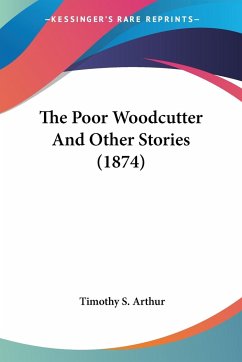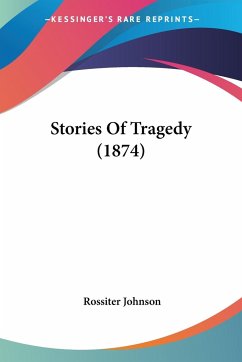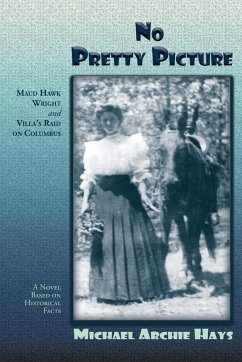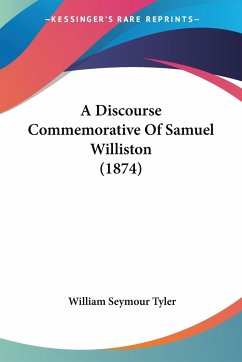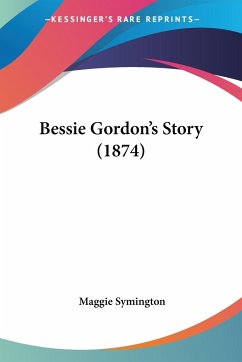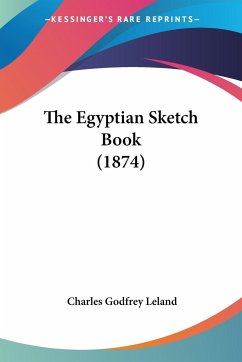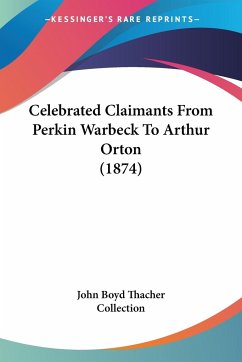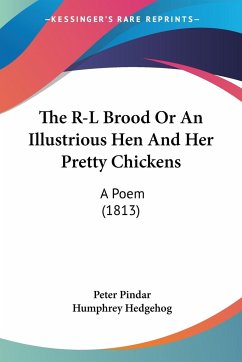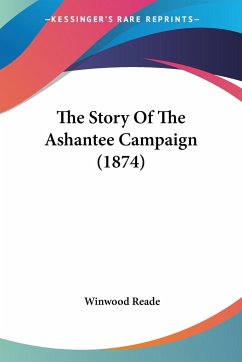John Esten Cooke (November 3, 1830 September 27, 1886) was a novelist, writer, and poet from the United States. He was the poet Philip Pendleton Cooke's brother. During the American Civil War, Cooke served as a staff officer in the Confederate States Army cavalry for Maj. Gen. J. E. B. Stuart then, after Stuart's death, for Brig. Gen. William N. Pendleton. Flora, Stuart's wife, was Cooke's first cousin. Cooke was born on November 3, 1830 in Winchester, Virginia, as one of 13 children (five of whom survived childhood) to Bermuda-born planter and lawyer John R. Cooke and Maria Pendleton Cooke. He was born on the family's plantation, "Ambler's Hill," in the Shenandoah Valley near Winchester, Virginia. The family estate to which the Cookes had relocated burned destroyed in 1838. The family relocated to Charles Town, Virginia, and then to Richmond, Virginia, in 1840. Cooke briefly studied and practiced law in Richmond at his father's urging, but dropped out in 1849 when continued financial difficulties stopped him from enrolling at the University of Virginia. In 1851, he founded a law firm with his father, but his writing frequently interfered with his work.
